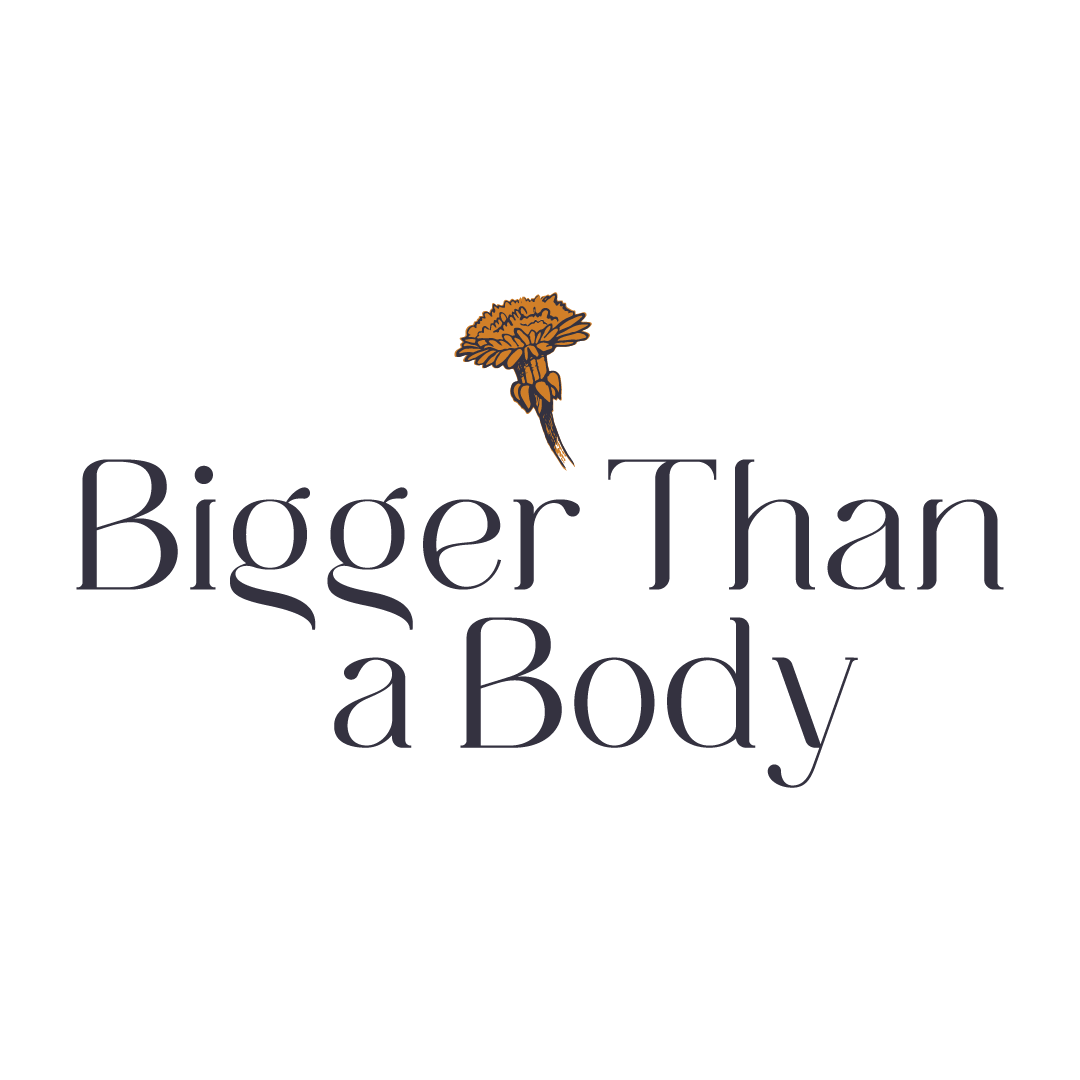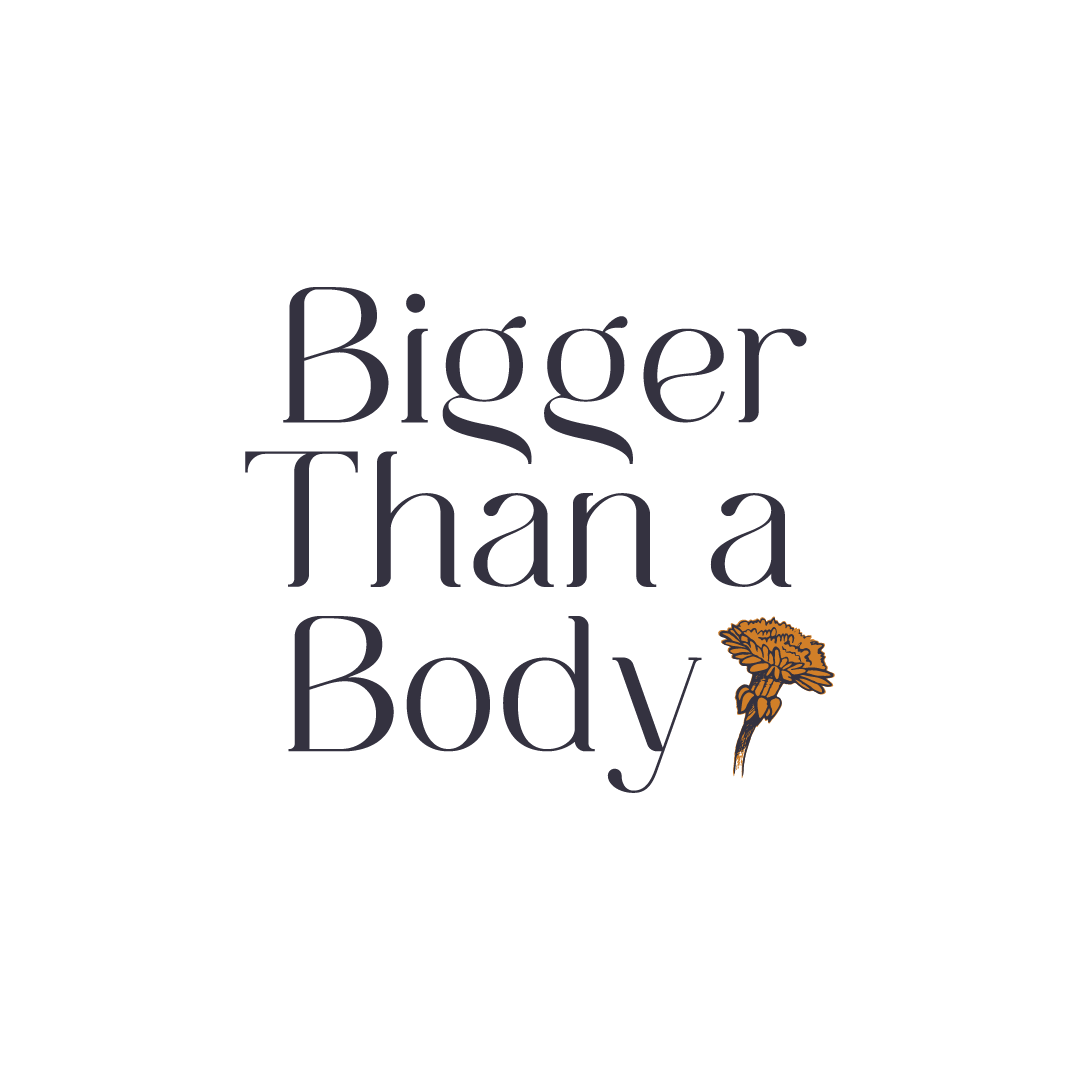Five Signs It’s Time to Take a Break from Exercise
Being sick or injured aren’t the only reasons.
Photo by K Abrahams/peopleimages.com
Exercise is one of life’s greatest medicines. In healthy amounts, it can build strength, boost immunity, improve mood and focus, and increase lifespan.
But just as the old adage goes, too much of just about anything is never a good thing. Without even realizing it, your body may be signaling to you it could use a break from exercise.
I’m not talking about a single rest day or forcibly tapping yourself out because you’re ill or injured. I’m talking about a break of one to two weeks—or longer. This concept may freak you out a bit if you’re a routine exerciser. And I can relate.
I had to take a hiatus from moderate exercise while in recovery from my eating disorder (ED). This felt like a sick punishment for someone who directly linked her worth to her physical appearance and the amount she moved her body.
But that respite from exercise became one of the most invaluable prescriptions in my ED treatment.
In addition to giving my body a much-needed physical break from the overtraining it had long endured, I was able to use this time to connect with my body in a new way. I focused on eating more consciously, reflected on what I wanted my relationship with exercise to be like, and dabbled in other interests and activities I deprioritized to exercise.
I continue to take sporadic breathers from moderate and intense movement to this day. Here are five signs it might be time for you to join me in the occasional break from exercise.
1. You’re Depleted of Energy
For years, I trudged around on legs weighted down by the lactic acid that formed inside of them from overextending myself on runs and not allowing enough rest in between.
I could barely keep myself awake at the office or during evening hangouts with friends because I was physically exhausted (and sleep-deprived) from my 4:30 a.m. workouts.
I worked as a copywriter and finding enough mental strength to write a single sentence seemed implausible at times.
If your body’s in a constant state of soreness, fatigue, or mental incapacitation, take these as clear signals it needs some rest.
Dedicate time each day to zero in on various parts of the body. Assess how, day after day, they change and rejuvenate.
2. You Dread Exercise or Are Bored With It
It disheartens me to think about how much of my life I devoted to exercise, despite hating it so immensely.
It was the same monotonous bullshit day in and day out. But I did it anyway because not doing it seemed even worse. What a sad misconception that was.
If exercise has lost its luster and you continue to engage in it out of sheer obligation, it might be time to allow yourself some space from it. Some questions to ponder as you rest:
What about my workouts do I dislike so much?
Is the amount I’ve been exercising truly healthy and sustainable?
How could I bring some joy into exercise or make it more interesting?
3. You Use Exercise to Earn Food or to Compensate for Eating
What I ate determined how much I exercised, and how much I exercised determined how much I ate. This meant I gave my body zero agency in deciding how much I should move and how much I should fuel. It was all calculated in my (unwell) head.
To my surprise, when I stopped exercising, my weight didn’t spiral out of control, and I was able to reconnect with my hunger and fullness cues.
If you feel the calories you take in are inextricably linked to the calories you expend, taking a rest to explore gentle nutrition could be life-changing in the most positive way.
4. You’re Clinically Underweight and/or Not Menstruating
Throughout a good portion of my eating disorder, I was below my body’s natural set point weight range. Even when I arrived within that range, I still suffered from hypothalamic amenorrhea, which is a common side effect of overtraining.
If you’re clinically underweight or you have an irregular or inactive menstrual cycle, continuing to exercise could pose serious health threats, including but not limited to:
cardiac arrest
stroke
osteopenia or osteoporosis
musculoskeletal injuries or stress fractures
Infertility or polycystic ovary syndrome
Taking a respite from exercise until your weight is restored and regular menses have returned may be the healthier option for you at this time.
5. It’s Negatively Affecting Your Mood or Self-Esteem
Exercise is often hailed as a surefire way to boost your mood and feel better in your body. While I could argue a hard morning workout always made me feel accomplished, it was in the worst possible way.
Exercise was purely ego-driven for me. I didn’t do it for health purposes — it was all about metrics and image. And if I missed a day or didn’t perform to my standards, I chastised myself for being lazy or inadequate.
If exercise is bringing you down more than it’s building you up, odds are you could benefit from a week or two without it. Give yourself permission to use this time to do other things that energize your spirit so you can return to exercise with a full cup.
Closing Thoughts
An active lifestyle is undoubtedly linked to greater health outcomes, and those who are able-bodied enough to regularly engage in exercise (or joyful movement as I like to refer to it) are incredibly fortunate.
But if your body’s sending you signals that it needs a breather, honoring that wish is not only okay — it’s an investment in your overall well-being.
A few one- or two-week-long breaks from exercise each year is nothing in the grand scheme of life. Use this time to assess and get curious about what you want movement to look like for you.
And you don’t need to tether yourself to the couch during these breaks, either. Engage in peaceful walks, gentle yoga, or stretching routines where you can feel the synergy between your mind, body, and soul.
When the time is right for you to reengage with more moderate to intense movement, keep your body awareness close whilst pushing the focus on speed, reps, and distance to the back burner.
Not only are you less likely to dread the exercise; but you may also find yourself genuinely enjoying it.
🖤 - Mikaela
Note: I’m an eating disorder survivor and recovery coach. I’m not a licensed therapist, dietitian, or health professional and do not know your specific health conditions. Please consult your direct team of healthcare professionals before altering any prescribed diet or exercise plan you may be following.


